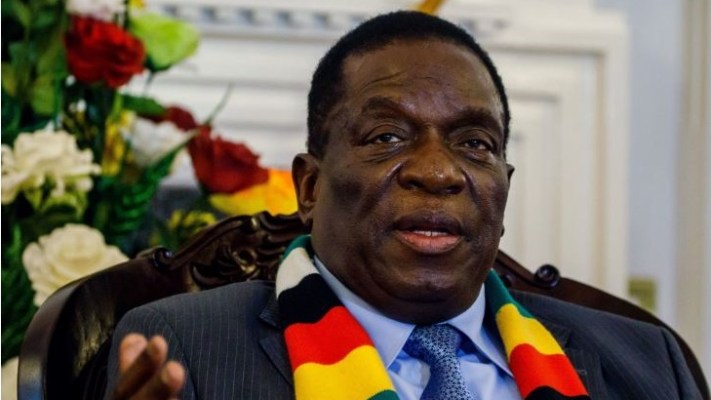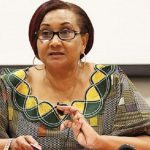The President said he was quite aware that the 10 provinces had not attained the same level of development. There were disparities between provinces and within provinces.
The budget was going to take these disparities into consideration when allocating resources because the objective of devolution “is to achieve growth and development that is equitable, shared and sustainable to the benefit of citizens at all levels”.
“The budget proposes an interim inter-governmental fiscal transfer framework which allocates the resources, cognisant of socioeconomic disparities across provinces and local authorities,” Finance Minister Mthuli Ncube said.
“Such a framework takes account of provincial population size, poverty levels and infrastructure deficit in the areas of health and education, and economic disparities within and between provinces, among other relevant considerations.”
Mnangagwa said the idea was to evenly build capacities in and within provinces to trigger a simultaneous economic take-off for inclusive growth and development.
The President said there were two major problems with the provincial councils as presently constituted. One was their composition which included Senators and Members of the National Assembly, and the other was the huge bureaucracy.
“These councils are constitutionally created to drive the local development agenda. Yet their constitution and composition include legislators (senators and members of the National Assembly),” he said.
He said there was need to tidy this up as there appeared to be no separation of powers which meant that the proposed councils might end up accounting to themselves.
He added: “These councils have been conceived as huge bureaucracies. So huge are they that much of their budget will be expended on the wage bill than on actual development. This goes against the grain of fiscal consolidation and austerity which is at the heart of public sector reforms.”
(163 VIEWS)


